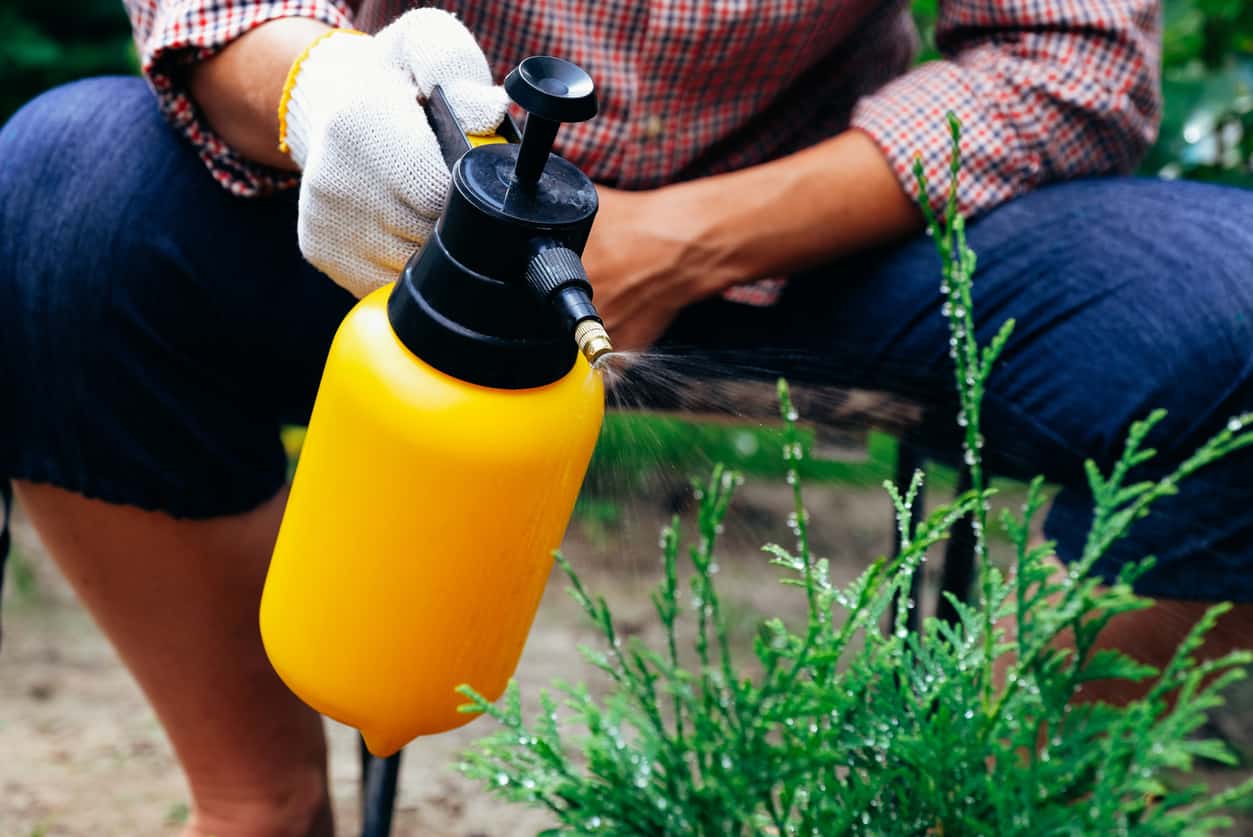Research Suggests Paraquat Users 2 – 2.5 Times More Likely to Develop Parkinson’s Disease

Research from the National Institute of Environmental Health Sciences (NIEHS) indicates that exposure to certain pesticides can more than double the risk of developing Parkinson’s Disease.
Individuals exposed to these pesticides might have an injury claim against the manufacturer and other parties. Victims with Parkinson’s Disease may be entitled to substantial compensation if their condition is directly related to exposure to pesticides.
What is Parkinson’s Disease?
Parkinson’s Disease is a movement disorder that grows worse over time. There is no cure, although medications can help with the symptoms.
Symptoms of Parkinson’s Disease include:
- Poor coordination and balance
- Trembling of legs, arms, hands, face, and jaw
- Slow movement
- Stiffness in the trunk, legs, and arms
As the disease progresses, the person may have trouble performing tasks, walking, and talking. Additionally, swallowing, chewing, and speaking may also be negatively impacted by the disease.
Parkinson’s does not appear to run in families. However, exposure to certain chemicals may have a significant role in the development of Parkinson’s in some individuals.
Exposure to Paraquat Increases the Risk of Developing Parkinson’s Disease
One of the two pesticides at the heart of the NIEHS study was paraquat dichloride. This deadly pesticide causes death if ingested. There is no cure.
Exposure to paraquat has been linked to the development of Parkinson’s Disease. A study in 2009 concluded that exposure to paraquat within 1,600 feet of a home increased the residents’ risk of Parkinson’s by 75 percent.
The 2011 NIEHS study also suggested a link between exposure to paraquat and an increased risk of developing Parkinson’s. Other studies support the same conclusions—individuals exposed to paraquat have a much higher risk of developing Parkinson’s Disease.
Even so, its use in the United States has doubled over the past ten years. Paraquat is now one of the most widely used herbicides in the United States. Many countries around the world have banned paraquat because of the risk to humans.
Workers who work with paraquat must take careful measures to protect themselves from exposure. However, accidents occur, and exposure risks cannot be entirely eliminated.
Residents of rural and agricultural areas also face exposure to paraquat. Likewise, the general population could be exposed to the pesticide because paraquat is applied to crops to control weeds.
Paraquat Kills Weeds That Roundup Will Not Kill
The main ingredient in Roundup, glyphosate, has been linked to an increased risk of developing certain types of cancer. There are numerous Roundup lawsuits seeking compensation for damages.
Paraquat kills weeds that Roundup will not kill. Sadly, the use of this dangerous pesticide continues to increase throughout the United States.
Paraquat is not available for residential use; it is only approved for use in commercial and agricultural settings. Special training and procedures are required to reduce the risk of injury or death from paraquat.
Requirements for use include:
- Only certified applicators can use paraquat
- Restrictions prohibit transferring paraquat to any other container
- Paraquat must be kept in a secured location to prevent children and unauthorized individuals from accessing it
- Paraquat cannot be stored in or around residential dwellings
- You cannot use paraquat around schools, gardens, golf courses, recreational parks, or playgrounds
The EPA took measures in 2016 to minimize accidental paraquat ingestion and reduce the risk of exposure for workers who load, mix, and apply paraquat. Unfortunately, mitigation measures have not prevented workers and other individuals from developing Parkinson’s Disease due to paraquat.
The Number of Paraquat Lawsuits Continues to Grow
The number of lawsuits against the makers of paraquat is growing. Several companies manufacture, distribute, and sell paraquat, including Gramoxone, Helmquat, Parazone, and Firestorm. The lawsuits allege that exposure to paraquat caused severe health complications, including Parkinson’s Disease.
Plaintiffs allege that the manufacturers knew about the dangers and risks of using paraquat, but they failed to provide adequate warning. Depending on the case, other causes of action might also be included in the lawsuits.
If you were exposed to paraquat because of your job, you may be entitled to compensation for your sustained injuries or damages. Likewise, if you live near a farm or other rural area where paraquat or Gramoxone is used, you could have a claim for damages.
Paraquat manufacturers deny liability for any claims. However, plaintiffs’ attorneys are building strong cases for liability based on decades of scientific data and research.
A paraquat lawsuit attorney can review your case to provide an assessment of your legal rights regarding a paraquat claim.
Do not delay in contacting an attorney. The paraquat lawsuits are beginning to go to trial. Manufacturers may be willing to negotiate settlements for paraquat injury claims based on the outcome of the trials.
